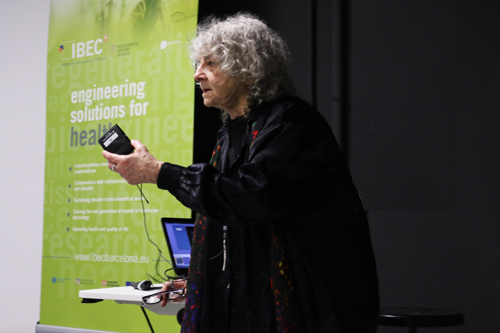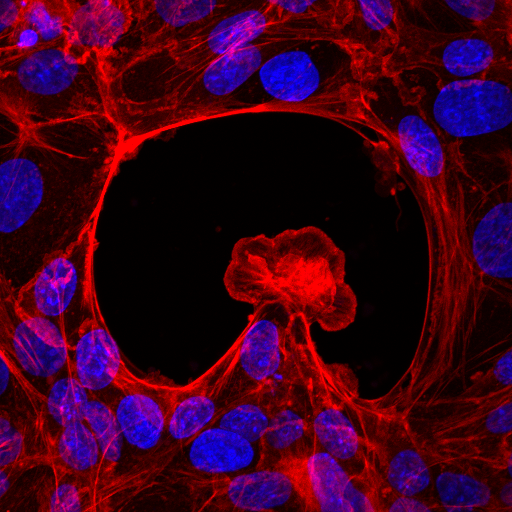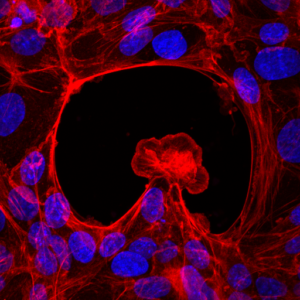IBEC brings together two Nobel prizes on the International Day of Women and Girls in Science
The Instiute of Bioengineering of Catalonia (IBEC) has brought together in the same act the American physicist Jerome Friedman, Nobel Prize in Physics in 1990, and the Israeli crystallographer Ada Yonath, Nobel Prize in Chemistry in 2009.
Both researchers, who are in Barcelona for the biennial “Ciutat i Ciència” organized by Institut de Cultura de l’Ajuntament de Barcelona, have coincided in this event on the International Day of Women and Girls in Science.








